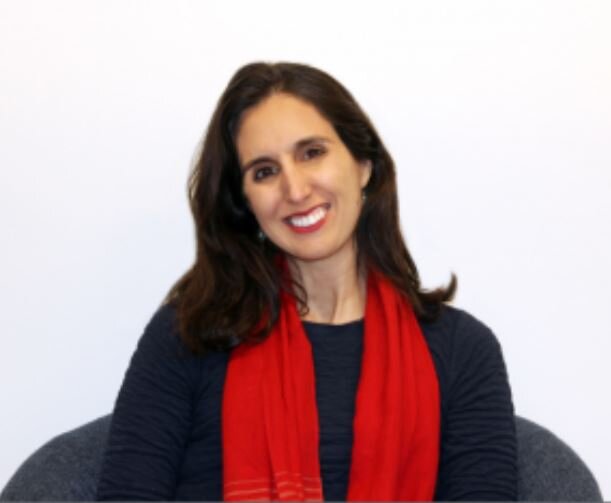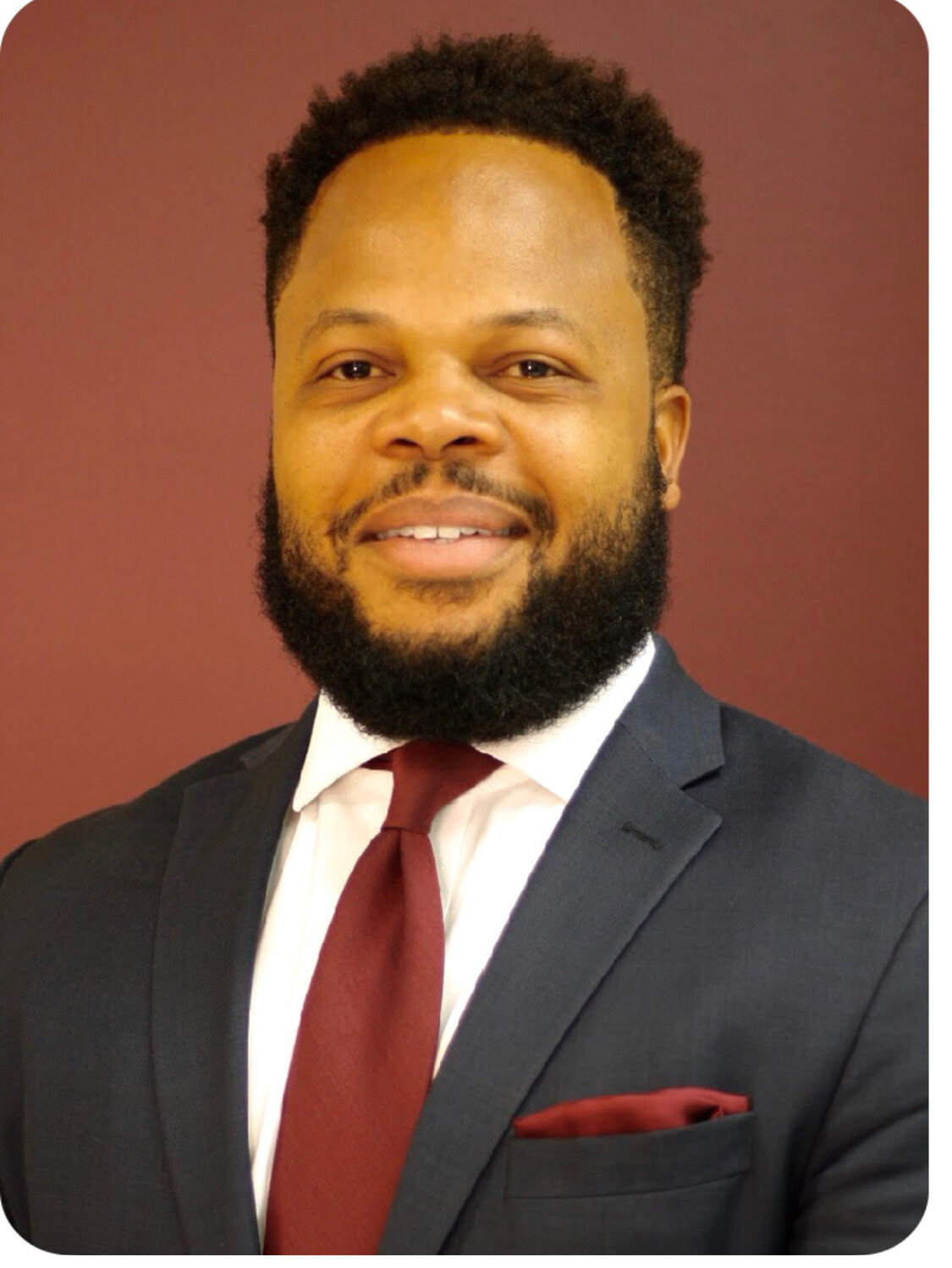The Greater Washington Community Foundation is pleased to announce the launch of a $1 million Legacy Fund for Small Business Development (Legacy Fund). Eligible small businesses may now apply for grants up to $10,000 between August 4-28, 2020.
The Legacy Fund, seeded with a $1 million gift directed by Sam Brin and a $10,000 gift from Meridiam, provides critically needed access to capital for small businesses in Prince George’s County. The fund is part of The Community Foundation in Prince George’s County’s equity and economic mobility initiative. The overall goal of the initiative is to eliminate social and economic disparities and help individuals, families, and collective groups improve their social and economic status.
The Legacy Fund will be administered by FSC First (FSC), the county’s Community Development Financial Institution, which serves more than two thousand businesses each year. The Legacy Fund will provide relief from the impact of COVID-19 to help minimize business vulnerability to closure and bridge the gap to viability. Funds can be used to support operating expenses including payroll, suppliers, rent, and other business critical costs.
Additionally, companies approved for funding will be eligible to apply for FSC’s technical assistance program to help them better navigate new business and economic realities and ensure their long-term development.
“Ninety-five percent of all businesses in the county are small businesses and they contribute nearly half of all jobs in the county. These companies are a critical part of our economic engine and a key driver of economic mobility for county residents,” said Tonia Wellons, President and CEO of the Greater Washington Community Foundation. “Through the Legacy Fund we hope to preserve the small business infrastructure, ensure job retention, drive economic development, and enable the transfer of wealth from one generation to the next, leaving a lasting legacy for families and Prince George’s County.”
“We want to thank the Greater Washington Community Foundation and Sam Brin for helping provide another critical resource for our small business community during these unprecedented times,” said Prince George’s County Executive Angela Alsobrooks. “Prince George’s County is the economic engine of our State, and the Legacy Fund will be another way we can ensure County businesses recover from this pandemic stronger than they’ve ever been before.”
“We are excited to work in collaboration with the Greater Washington Community Foundation to administer this critically needed fund. We have successfully served the small business community in Prince George’s County for more than 40 years providing grants, technical assistance and other financial services to ensure the growth of the county’s small business sector,” say Shelly Gross Wade, President and CEO, FSC First.
“This grant is one of several initiatives to provide relief to a community I called home. Small business is a major driver of the local economy, and I stand behind small business owners and workers of Prince George’s County,” said Sam Brin.
Meridiam, a development and engineering firm, was keen to support Prince George’s County’s COVID-19 response efforts by investing in the small business community. Meridiam, together with its partners, delivers sustainable infrastructure that improves the quality of people’s lives.
For more information on the Legacy Fund eligibility and application, visit fscfirst.com/legacy-fund. Applicants are strongly encouraged to complete the pre-qualification checklist prior to submitting an application.
# # #
About the Greater Washington Community Foundation
The Greater Washington Community Foundation exists to Build Thriving Communities by guiding strategic philanthropy, providing leadership on critical issues, promoting civic engagement, and inspiring local giving. Founded in 1973, The Community Foundation is a public charity made up of hundreds of charitable giving funds established by generous individuals, families, and businesses. We work with donors and partners to enhance the quality of life in the District of Columbia, Montgomery County, Northern Virginia, and Prince George’s County. As the region’s largest local funder, we manage $350 million in assets and have invested nearly $1.3 billion to build more equitable, just, and enriching communities where all residents can thrive.
The Community Foundation’s efforts in Prince George’s County have led to $50 million invested in education, workforce development, health, and safety net services that helped improve lives and build thriving communities. Our new Initiative for Equity and Economic Mobility in the county seeks to partner with Prince George’s County residents and others to increase philanthropy, convene key stakeholders, provide grants to innovative nonprofits and small businesses, and engage new audiences to help ensure that each and every Prince Georgian is afforded the chance to reach their full potential unencumbered by race or ethnicity. For more information, visit www.thecommunityfoundation.org/princegeorges.
About FSC First
FSC First was founded in 1978 in Prince George’s County to serve small businesses through the implementation of a specialized financial program. FSC currently offers more than 12 unique programs to an array of businesses, industries and professions seeking to develop within the county and locations with Maryland. These services include portfolio management, loan servicing expertise, wealth management, financial education, a diverse range of financing programs and revolving loan funds. FSC’s commitment to excellence has generated over $100 million dollars in direct loans to small and minority-owned businesses in Prince George’s County and spurred more than 400 jobs in our local community. We are proud to contribute to the ongoing successes of our economy and encourage new strategic partnerships.















